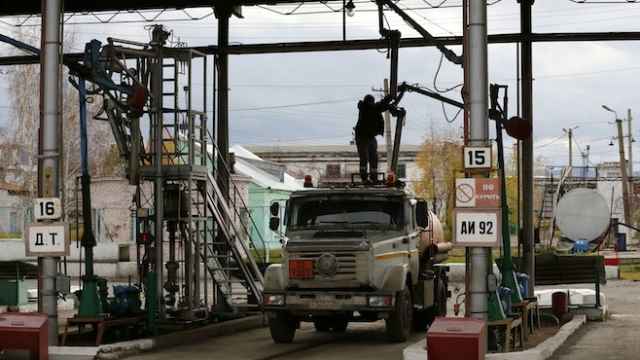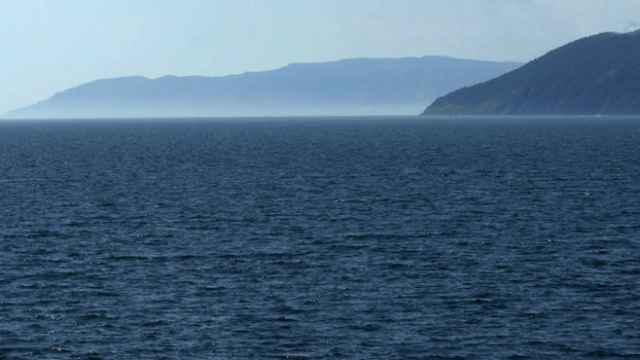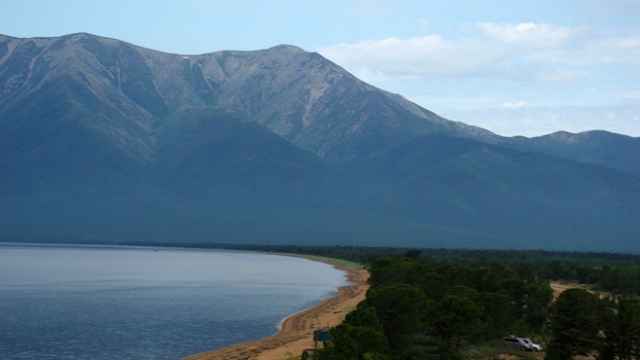Siberian emergency services remained in a state of red alert on Thursday after the water level in Lake Baikal dropped to a critical low point as the world’s largest lake continues to dry up, the federal water agency said.
The world's largest freshwater lake saw its water level drop eight centimeters below the minimum level of 456 meters, the Federal Water Resources Agency said Thursday in an online statement.
Emergency services in the Buryatia republic have been on high alert since Jan. 20 in connection with the declining water levels in Lake Baikal, which is partially located on its territory, Interfax reported.
Nearly 1,000 people living in Buryatia suffered problems with their supply between Feb.13 and March 21 because of the falling water levels, the republic's nature reserve agency said Tuesday in an online statement.
Despite the drop in water levels, a government order dated Feb. 4 allows the Irkutsk reservoir — which operates in the Irkutsk and Buryatia regions — to continue taking water from the lake, the Federal Water Resources Agency said.
Lake Baikal, which is located on the territories of Irkutsk and Buryatia, contains 20 percent of the world's total unfrozen freshwater reserves and was declared a UNESCO World Heritage site in 1996.
A Message from The Moscow Times:
Dear readers,
We are facing unprecedented challenges. Russia's Prosecutor General's Office has designated The Moscow Times as an "undesirable" organization, criminalizing our work and putting our staff at risk of prosecution. This follows our earlier unjust labeling as a "foreign agent."
These actions are direct attempts to silence independent journalism in Russia. The authorities claim our work "discredits the decisions of the Russian leadership." We see things differently: we strive to provide accurate, unbiased reporting on Russia.
We, the journalists of The Moscow Times, refuse to be silenced. But to continue our work, we need your help.
Your support, no matter how small, makes a world of difference. If you can, please support us monthly starting from just $2. It's quick to set up, and every contribution makes a significant impact.
By supporting The Moscow Times, you're defending open, independent journalism in the face of repression. Thank you for standing with us.
Remind me later.






